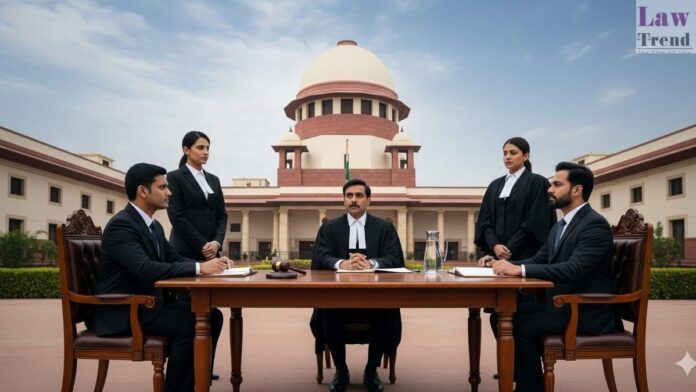The Supreme Court of India, in a significant ruling, has quashed disciplinary proceedings initiated by the Bar Council of Maharashtra and Goa (BCMG) against Advocate Rajiv Nareshchandra Narula. The bench, comprising Justice Vikram Nath and Justice Sandeep Mehta, held that the prosecution of an advocate by an opposing party’s representative was “highly objectionable, totally impermissible,




